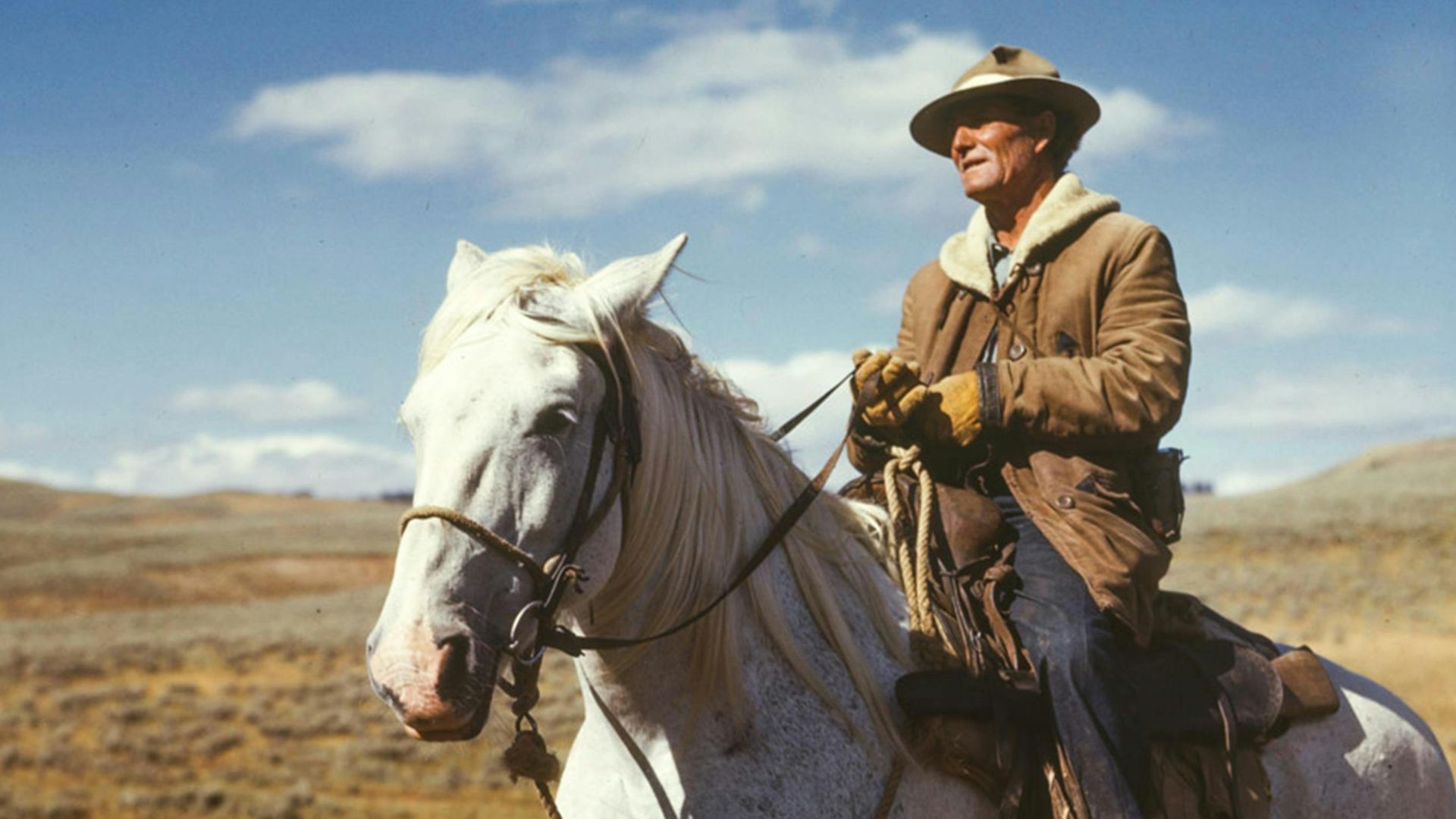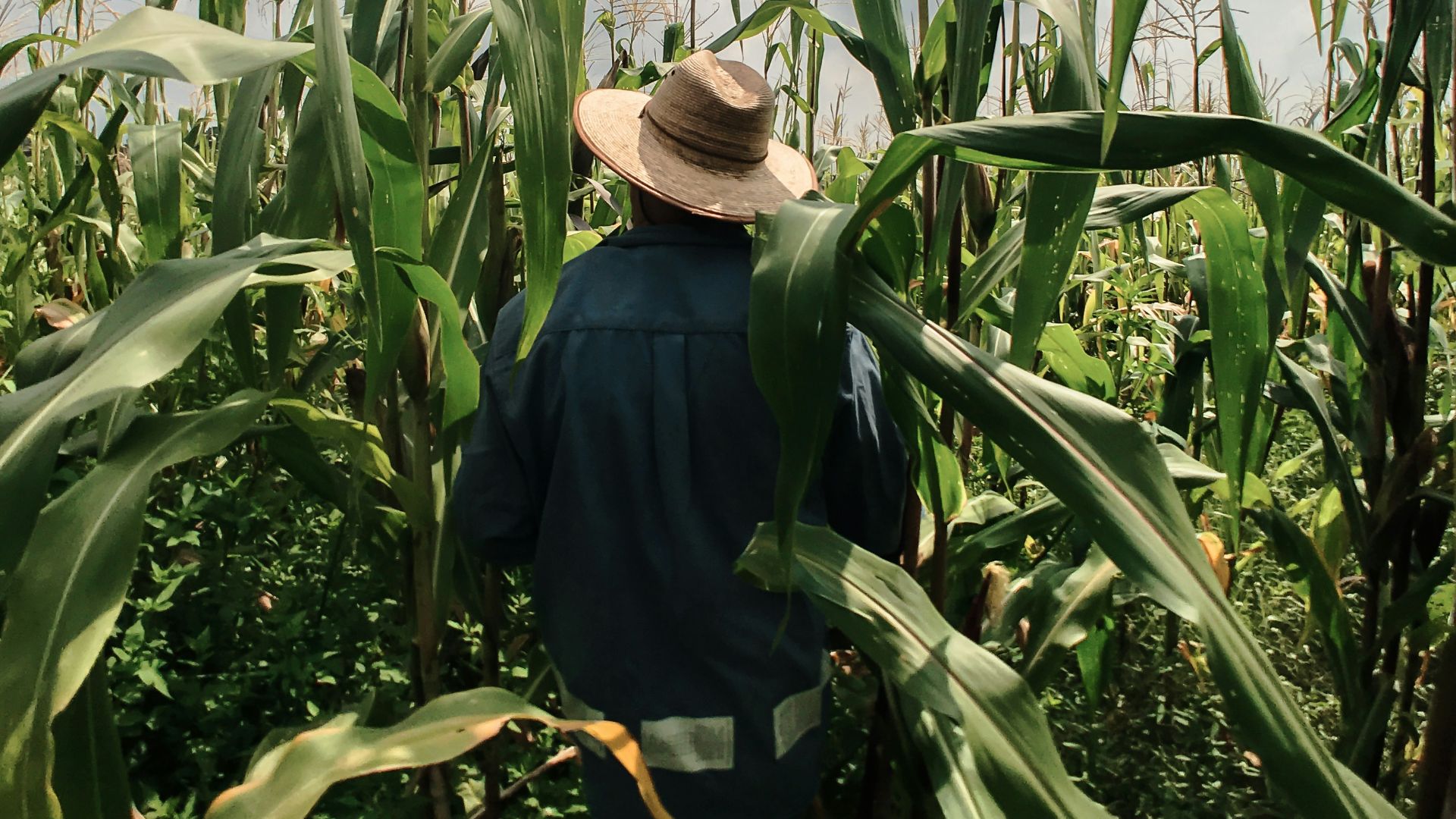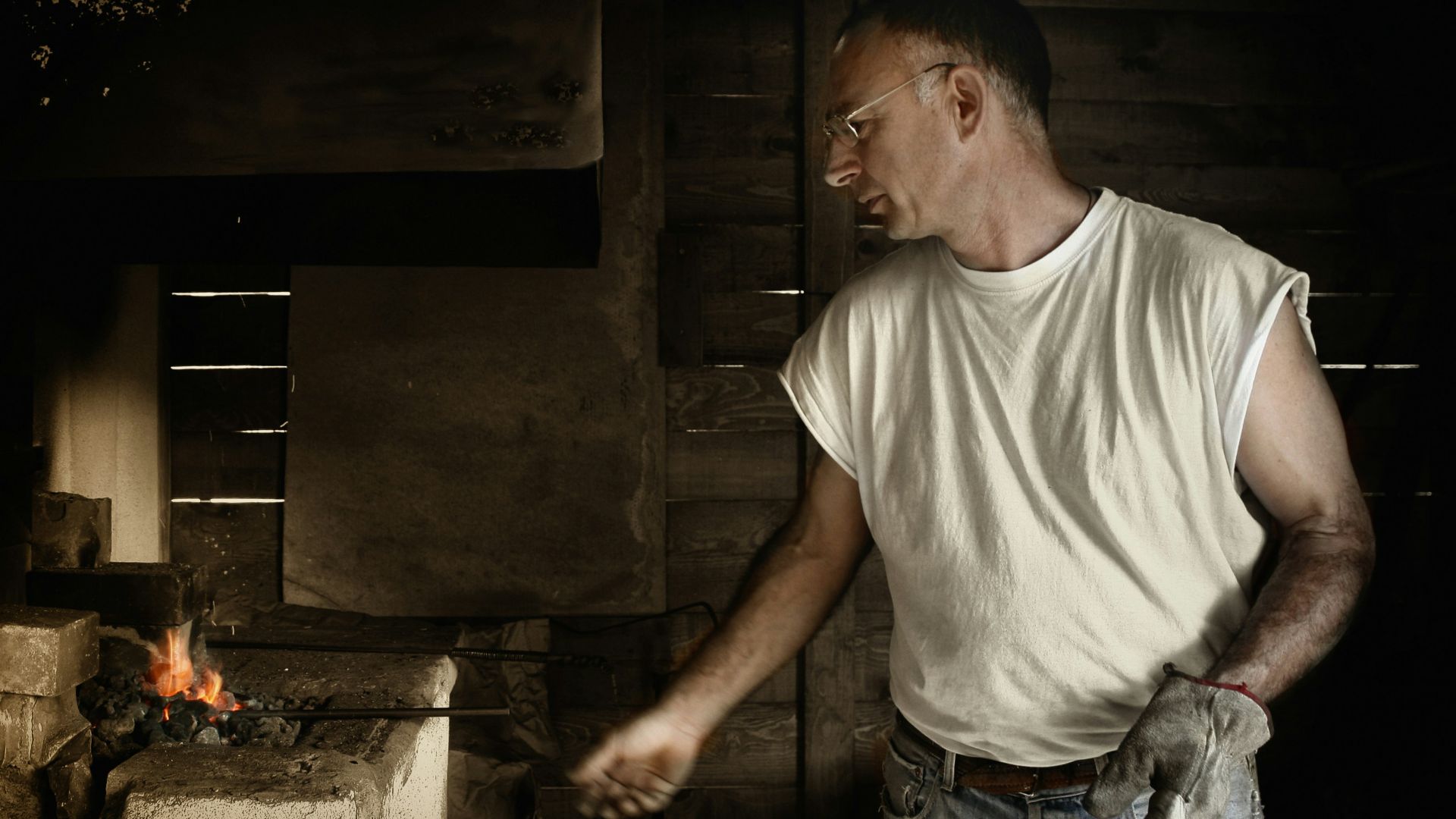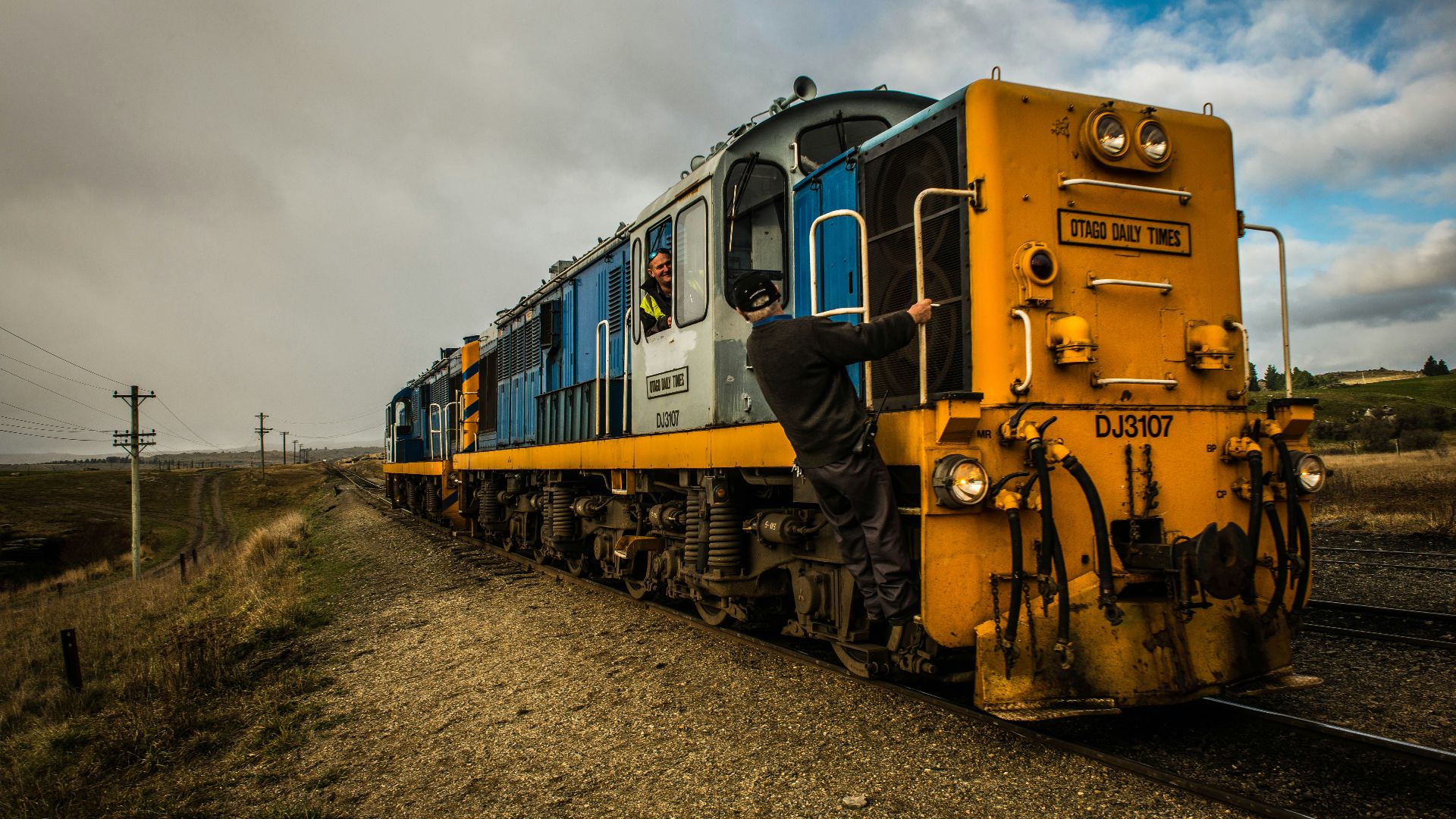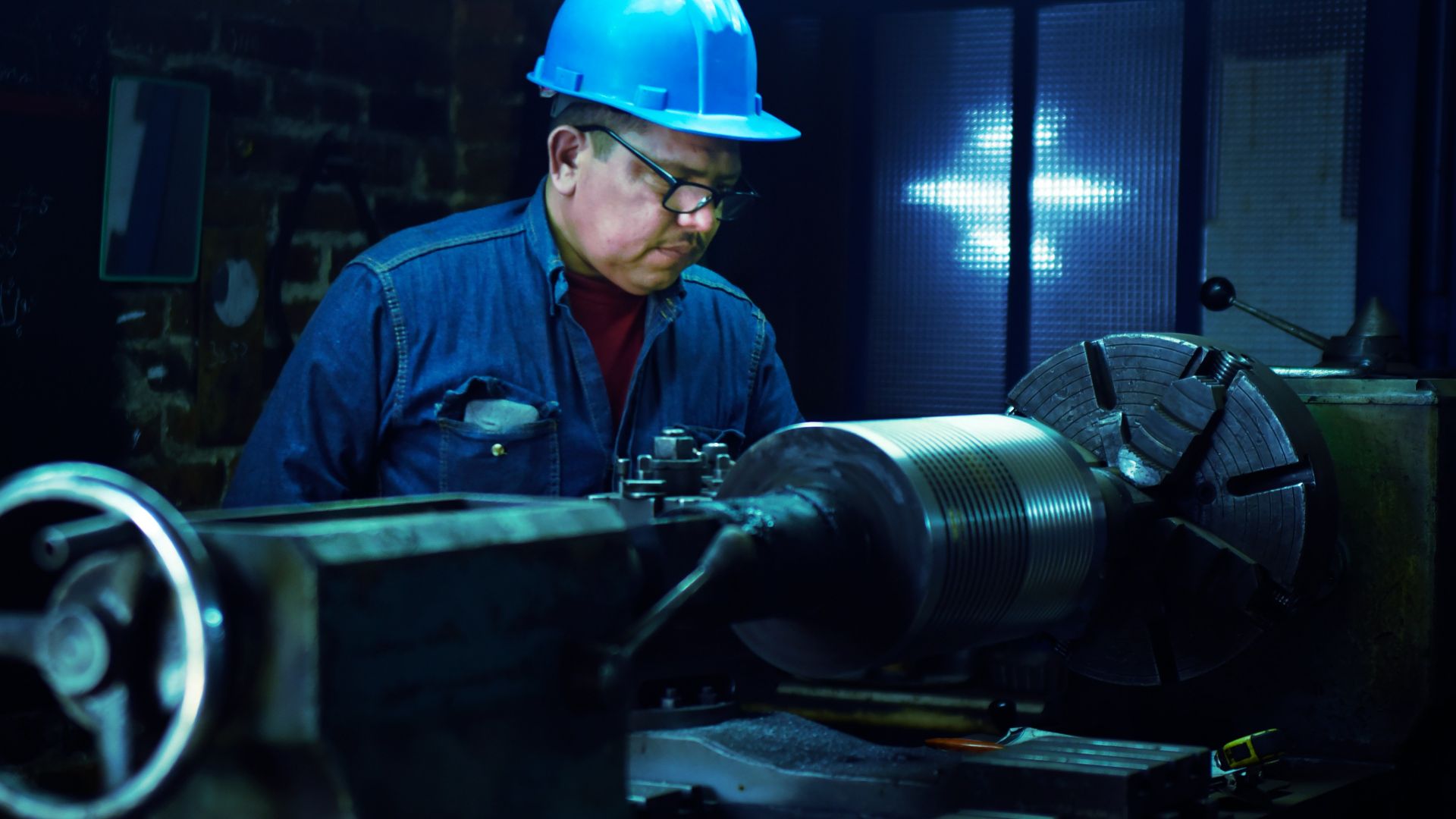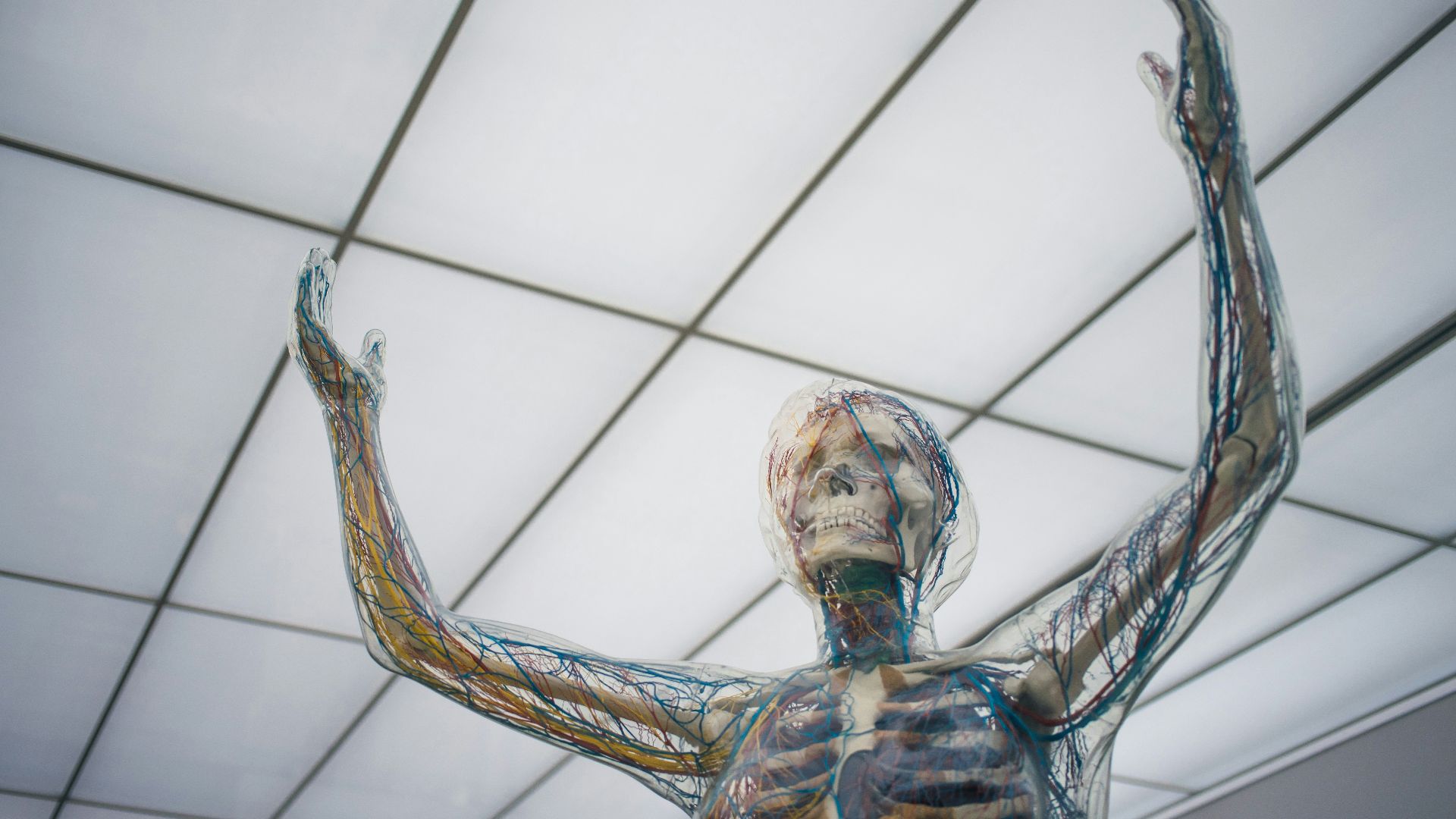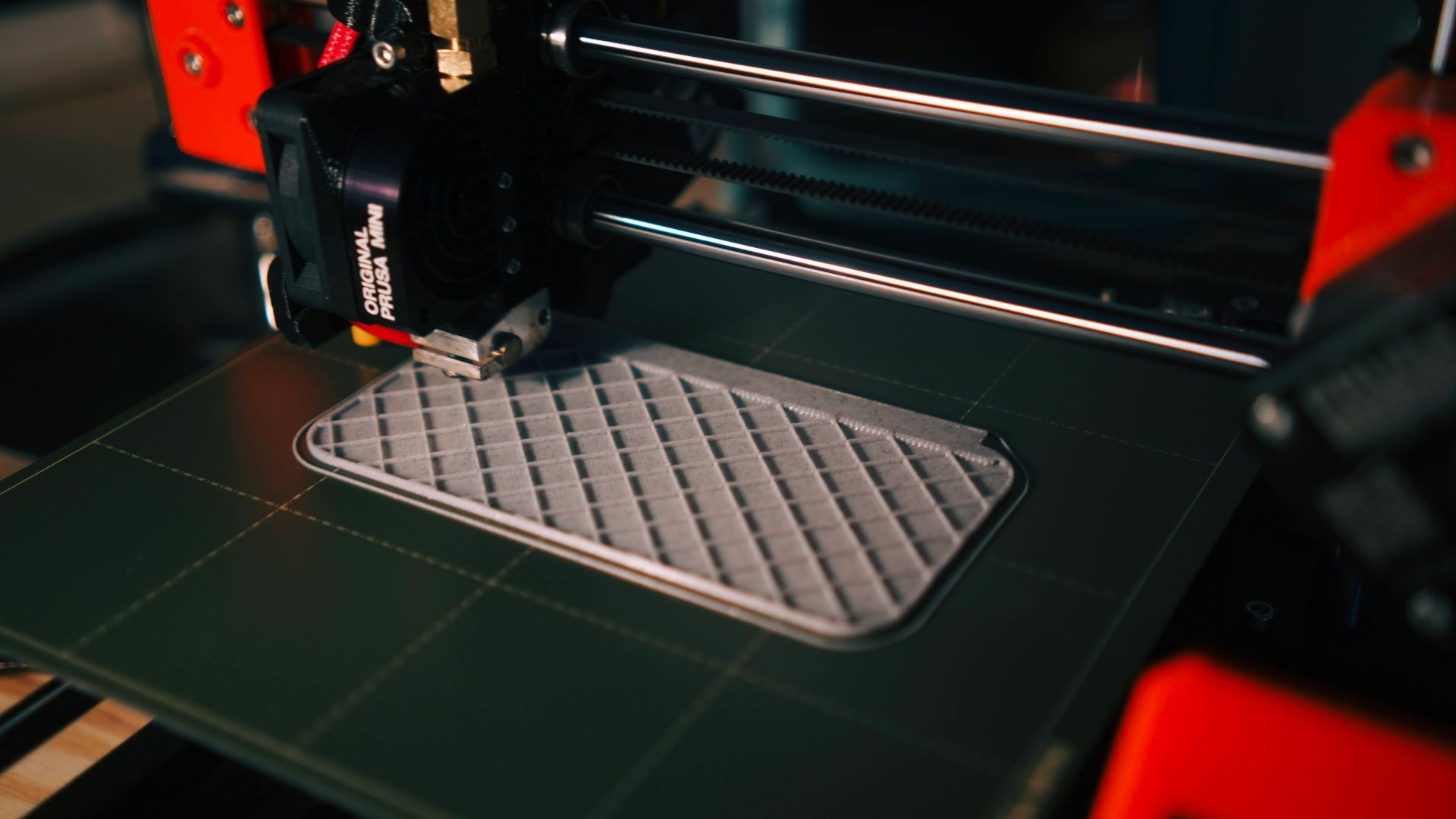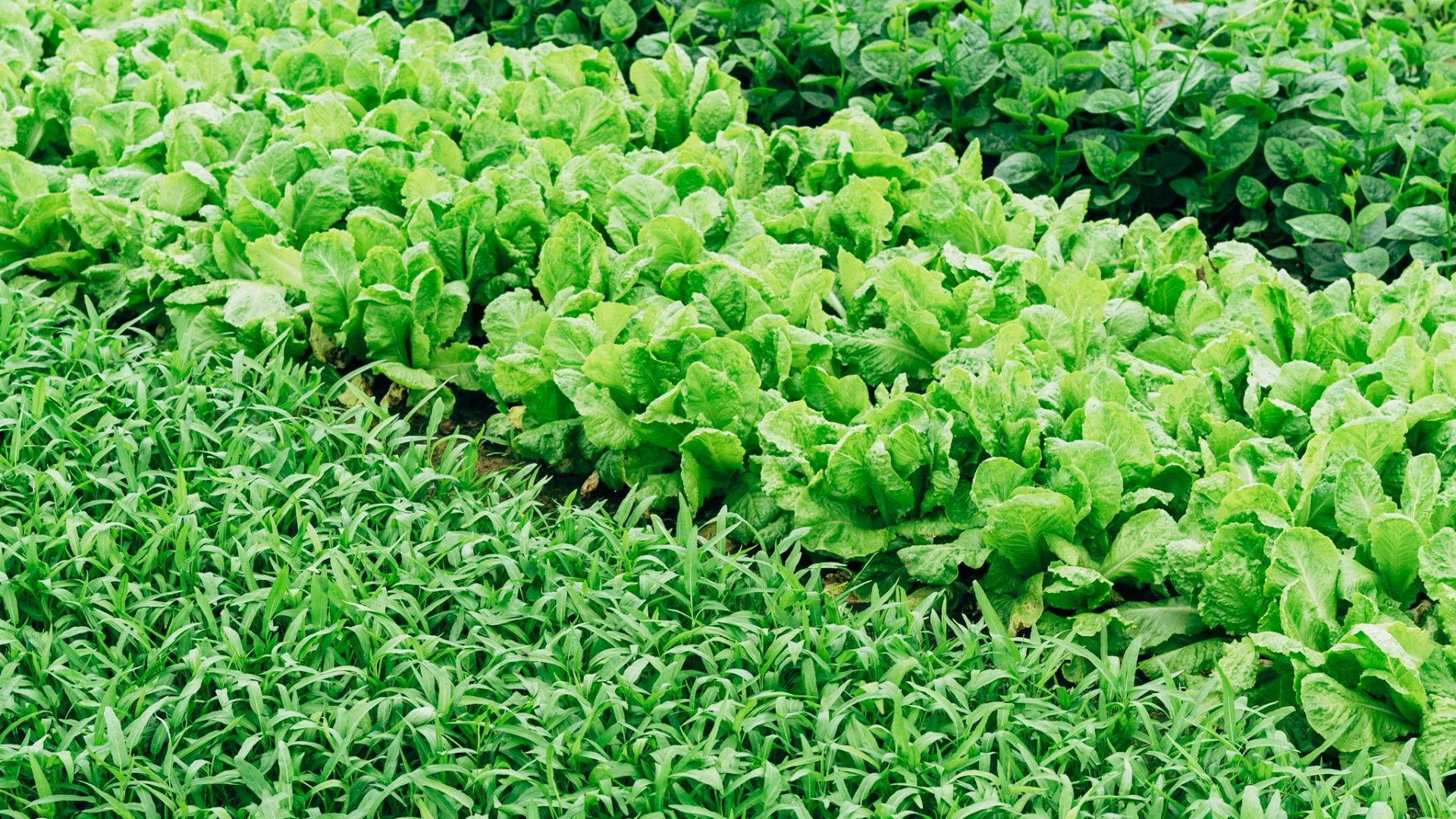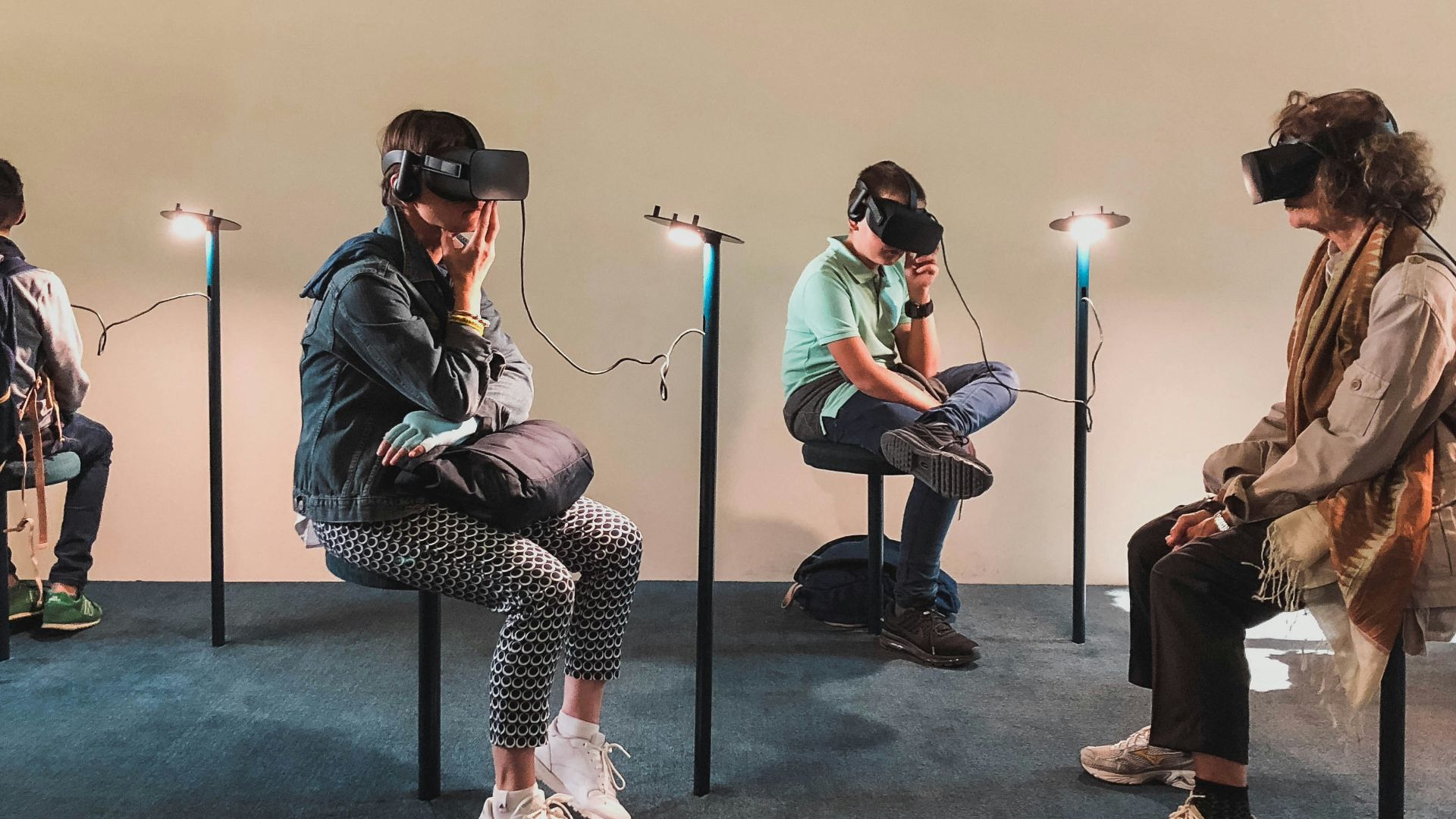The Jobs That Made Us
America has a long and rich history from its inception to modern day. With that in mind, many different jobs have come and gone, with plenty of them being pivotal to economic growth and industry. Here are 10 jobs that defined American history, and 10 that are taking over now.
1. Farmers
Back in the day, there were no major companies pumping out animal products. Instead, local communities relied on regional farmers and homesteaders to provide produce, livestock, and other goods.
2. Blacksmiths
Without industry, individual blacksmiths were relied upon to provide all the tools one would need. Their skills enabled them to make everything from horseshoes to weaponry, and they were the cornerstone of growth during the time.
3. Railroad Workers
As the Industrial Revolution came full swing, transportation became a pivotal element in America. With trains now connecting different parts of the country, railroad workers were highly in demand and were relied upon to maintain these connections.
4. Telegraph Operators
With the inception of phones and advanced communication came the need for operators. These operators would help people connect over long distances and were essentially the basis for telephone operations.
5. Cowboys
Cowboys weren’t just a fun name for a group of people during a time period, but instead an actual functioning job. These cowboys were responsible for driving cattle along key trails and protecting ranchers' livestock.
 Daniel Lloyd Blunk-Fernández on Unsplash
Daniel Lloyd Blunk-Fernández on Unsplash
6. Bootleggers
Not all jobs were exactly legal, but that didn’t stop the bootleggers from turning a pretty penny. To get around strict prohibition rules, these bootleggers would help smuggle around drinks and were needed to ensure operating speakeasies.
7. Newsboys
There was a time when all news was handed out on paper, and it was the newsboys' job to make sure every house on every street corner had access to the written word. Of course, in modern times, this has been replaced by internet access.
8. Route Salesmen
Sales used to be a very up-close and personal job back in the day, and salesmen would have to drive great distances to find households in need of their wares. It wasn’t unheard of to have a salesman ring you up and talk at length about a cool new vacuum.
9. Factory Line Workers
You might think factories are still going strong, and so there would be a need for abundant workers. Only one of these things is true, though. While factories do continue to progress, most have switched to automated machines, leading to a major decline in actual physical workers.
10. Travel Agents
If you’ve ever wondered why travel agents existed, you’re not alone. Nowadays, it’s preferred to pull up TripAdvisor or a hotel booking site to make your reservations. But back in the day, people did not have access to this information, so a travel agent was needed to explain the best routes and finalize the bookings.
Now that we have talked about jobs that were integral in the past, here are 10 that will be pivotal for the future.
1. AI Legal Workers
As artificial intelligence becomes all the rage, there is a demand for legal professionals to investigate and understand the ethics behind these technologies. So many people rely on the responsible and fair use of artificial intelligence to ensure their own livelihoods.
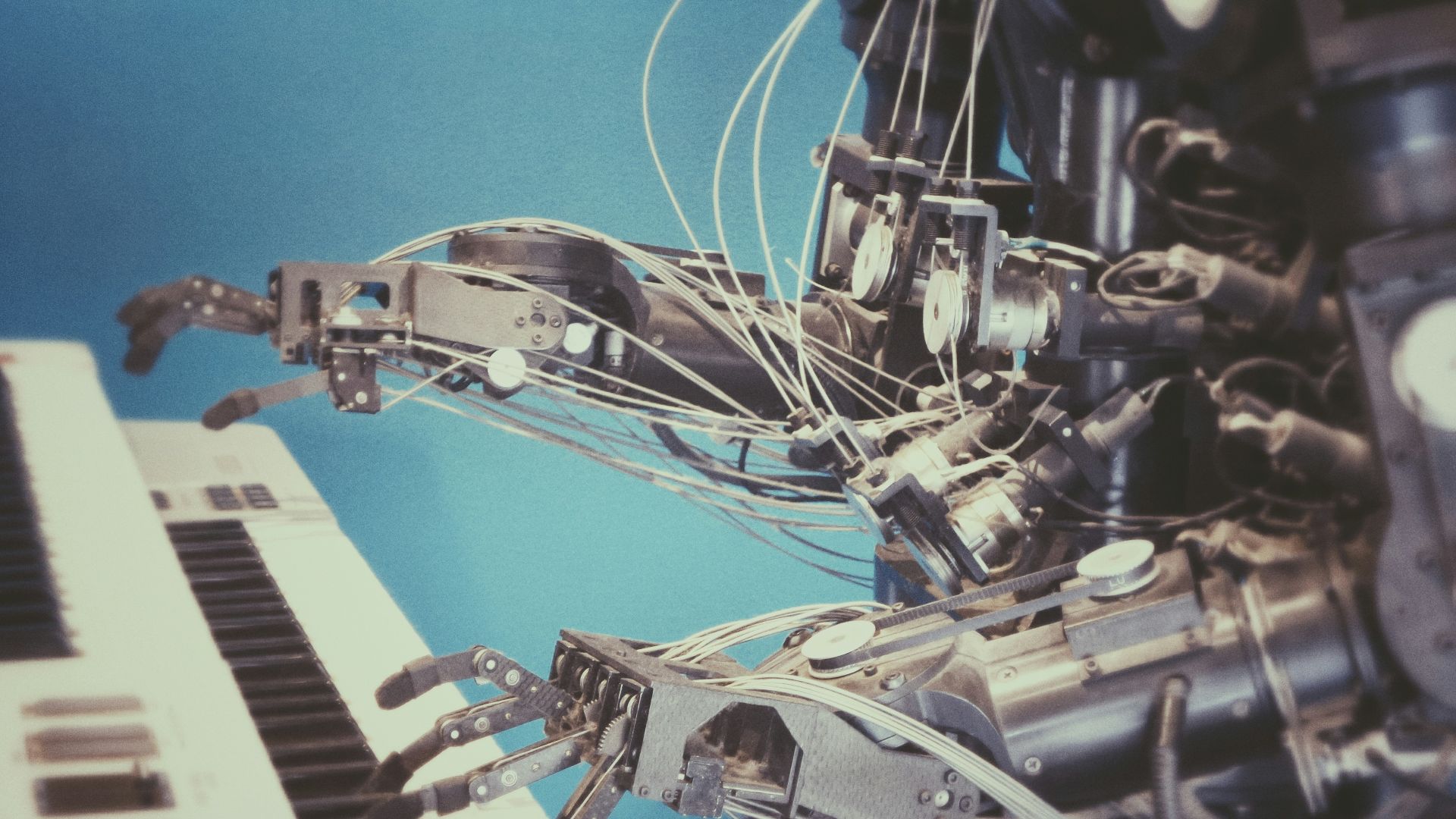 Possessed Photography on Unsplash
Possessed Photography on Unsplash
2. Quantum Engineers
Regular computer engineers are already going out of fashion as more and more quantum technology is being developed. The U.S. has big plans for quantum computing in both the commercial and scientific sectors, making it a major job.
3. Cybersecurity
With everything shifting online, from banks to government agencies, it is crucial to protect state secrets. Even though defensive tech gets stronger, so do malware and hacker strategies. With that in mind, there will always be a major need for cybersecurity analysts to protect the people.
4. Sustainable Urban Planners
No matter where you fall on the climate change argument, many can agree that we need to consider sustainability when planning cities. This includes adding electric vehicle charging stations, incorporating solar panels into roofs, and thinking smartly about congestion.
5. Telehealth Coordinators
With plenty of doctors and medical workers offering telehealth services, it makes sense that coordinators will be needed to manage the supply and demand. Telehealth is essentially when you visit a doctor over the phone or through text, enabling them to diagnose common problems and provide prescriptions without having to see you in person.
 National Cancer Institute on Unsplash
National Cancer Institute on Unsplash
6. Neurotechnology Specialists
There has been plenty of talk about leveraging artificial intelligence in humans. Talk of brain-machine interfaces may seem far into the future, but there are already scientists at work investigating various ways to make it a reality.
7. 3D Printing Engineers
Nowadays, you can buy a 3D printer for your own personal use, and many companies are also using it for commercial purposes. However, it’s pretty clear we’ll be relying on these machines to produce everything from parts to possibly organs.
8. Vertical Farm Technicians
Many people see the benefits of having massive farming operations in urban high-rises. This is a great way to produce agriculture in city centers, but it will involve the use of hydroponics and a solid understanding of urban farming.
9. Influencers
We’re already seeing the rise of influencers, with many of them becoming marketing experts and brand deal advocates. Nowadays, anyone can become a celebrity with enough face time and internet appeal.
10. Virtual Reality Teachers
We already have online classrooms, and COVID-19 showcased just how possible it was to teach remotely. Many people think as virtual reality gets better, we will eventually shift to digital classrooms for educational needs.


